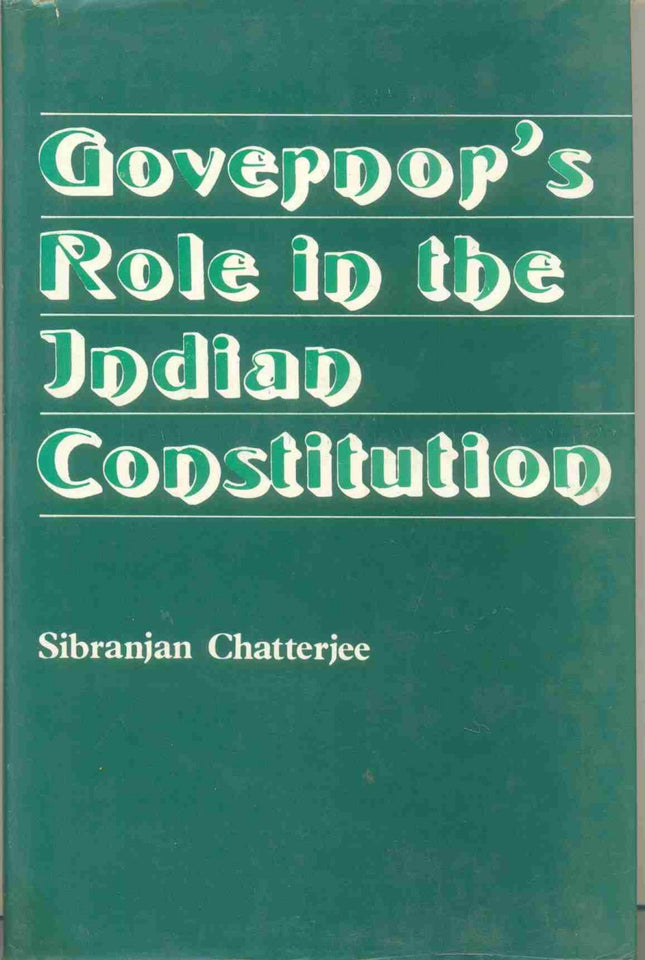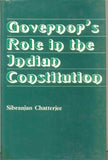Governor’s Role in The Indian Constitution
Regular price
Rs. 275.00
The Governor’s Office came to limelight with the installation of coalition governments in different States after the Fourth General Elections in 1967. The gubernational office which was not embroiled in political turmoil during the pre-1967 era of one party dominance, suddenly shot into both importance and controversy, and was, for the first time, put to test in a significant way. it became the focus of a vehemently argued constitutional and political debate and was turned into a tension area in the federal setup. The author contendes that it is futile to examine unit of observation. This role has to be understood in the relational situations. The political process exert decisive influence on the way a Governor actually behaves in real-life circumstances. The Governor falls between two stools. On the one hand is the politics at the State level and on the other is the politics at the Union level. it is, however, the politics of Centre-State relationship that is of crucial importance in appreciating the role of the Governor. In this treatise an analysis of the Governor’s role has been attempted in the context of the dialectical process of Centre-State conflict and co-operation.
Dr. Sibranjan Chatterjee (b. 1948) obtained his M.A. Degree and Ph.D. Degree in Political Science from the University of Calcutta. He has been teaching Political Science since 1971. At present he is Reader and Head of the Department of Political Science, Durgapur Government College, West Bengal. Dr. Chatterjee is the author of more than two dozen research papers/ articles published in various professional journals of Political Science and Public Administration. He is also actively associated with a number of social and cultural organisations in West Bengal.
Guaranteed Safe Checkout





